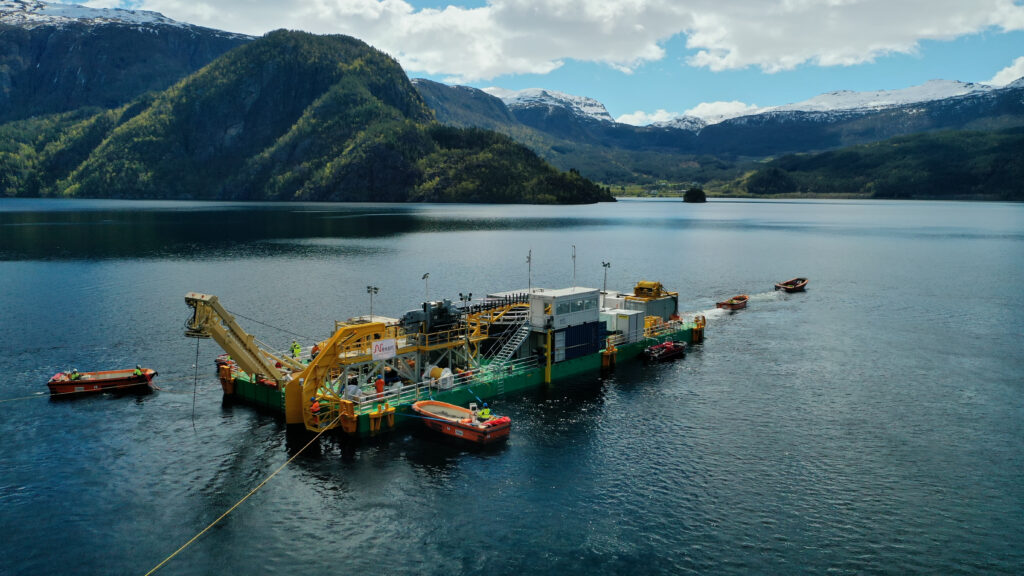New analysis from the Energy and Climate Intelligence Unit (ECIU) has found that electric vehicles (EVs) will provide greater energy security than new North Sea oil licenses.
The analysis was published ahead of the second reading of the Offshore Petroleum Licensing Bill which was delayed from the beginning of January to today (22 January).
There are currently 1 million EVs on British roads, with 5.3 million expected to be added by the beginning of 2030 under the Zero Emission Vehicle (ZEV) mandate which requires 80% of new cars and 70% of new vans sold must be zero emission by this time.
This is the same period that newly licenced North Sea fields could be producing oil.
According to the ECIU’s analysis, these 6.3 billion EVs would limit imports for petrol consumption by as much as these new licenses could, eventually providing a further reduction as EV sales grow to the 2035 deadline by which all new cars and vans sold must be electric under the ZEV mandate.
This is not the first time that non-profit research organisation has criticised the Bill for new oil and gas licences. Earlier this month, the ECIU revealed that the new licences would only account for 1% of the fuels used in the UK will be provided by the new licences.
The significance of this lies within the UK government’s reasoning for allowing the new licenses which has repeatedly been attributed to boosting the UK’s energy security, with secretary of state for energy security and net zero, Claire Coutinho saying it was “just common sense” to make the most of the UK’s “homegrown advantages,” as part of the November statement announcing the proposed Bill.
Subsequent to this announcement however, the government revealed that a whopping 80% of oil from the new fields added by the additional licenses will be traded internationally, as was confirmed by Amanda Solloway, Conservative MP for Derby North, during parliament questions on 28 November, who stated it was “not desirable” that the fuel stays in the UK.
These two announcements are at odds with one another, a misdirection that the ECIU was quick to point out in early January.
The ECIU is certainly not alone in their displeasure surrounding the creation of new North Sea licenses with members of the energy industry labelling the move as led to “little more than political posturing that is unlikely to increase domestic oil and gas production.”
The Bill even led to the resignation of Chris Skidmore MP who said he could “no longer condone nor continue to support a government to a course of action that I know is wrong and will cause future harm.”
“The licencing debate only distracts from a more permanent solution to securing the UK’s energy independence which means building out British renewables more quickly to power homes and EVs as well as cutting energy waste by insulating roofs. The government’s recent track record on some of these policy areas is less than stellar,” said Dr Simon Cran-McGreehin, head of analysis at ECIU.
“The government’s electric vehicle mandate policy is in effect an energy security policy weaning us off foreign oil imports as the North Sea’s output inevitably declines. But as the OBR has noted, last year’s government U-turn on the phase-out of sales of new petrol cars will likely reduce the number of EVs that might have been on the UK’s roads, weakening our energy security, leaving us more dependent on foreign oil.”






